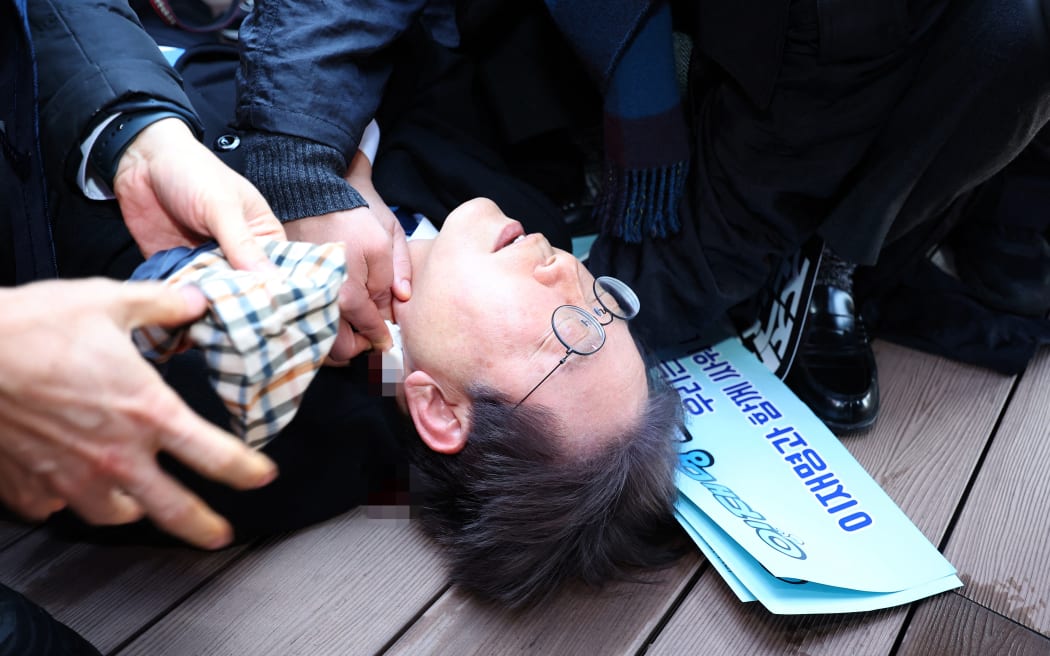
Under the South Korean constitution, the National Assembly has the power to impeach the president with a two-thirds majority vote. The opposition, which controls a majority of seats in the parliament, has already begun gathering signatures to trigger the impeachment process.
If the impeachment motion passes, President Yoon will be suspended from office while a trial is conducted by the Constitutional Court. If found guilty, Yoon will be removed from office and barred from holding public office for life.
The opposition has laid out several grounds for impeachment, including:
The government has defended President Yoon’s actions, arguing that they were necessary to restore order and prevent chaos. The government also claims that the opposition is using the impeachment process to undermine the legitimacy of the government and destabilize the country.
Public opinion on the impeachment process is divided. Some polls suggest that a majority of South Koreans support the impeachment, while others show that the public is wary of the potential consequences of removing a sitting president.
The international community has expressed concern over the political crisis in South Korea. The United States, a close ally of South Korea, has urged both sides to resolve the situation peacefully and through constitutional means.
The outcome of the impeachment process is uncertain. The impeachment motion is likely to pass the National Assembly, but it could face challenges in the Constitutional Court. The Constitutional Court has the ultimate authority to decide whether President Yoon is guilty of the charges against him.
The impeachment process against President Yoon is a major development in South Korean politics. It has deepened the political divide in the country and raised questions about the future of democracy in South Korea. The outcome of the process will have significant implications for the stability of the country and its relations with the international community.











